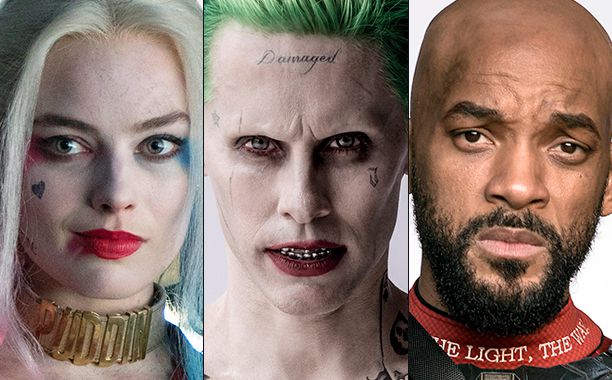Rocksteady Studios’ highly anticipated follow-up to the critically acclaimed Batman: Arkham trilogy, Suicide Squad: Kill the Justice League, launched in January 2024. However, the game’s performance fell far short of expectations, leading to significant financial losses for Warner Bros. Games. This article delves into the factors that contributed to the game’s failure and its impact on the publisher.

A Rocky Launch for Suicide Squad: Kill the Justice League
After a nine-year wait since the completion of the Arkham trilogy, fans eagerly awaited Suicide Squad: Kill the Justice League. Rocksteady Studios, known for their innovative take on the Batman universe, promised a unique experience with a squad of playable anti-heroes facing off against the corrupted Justice League. However, upon release, the game received mixed reviews, with many critics citing repetitive gameplay, technical issues, and a lack of innovation compared to the Arkham titles.
Financial Losses and Warner Bros.’ Disappointment
The game’s underwhelming performance translated into financial woes for Warner Bros. Games. In a recent report, company CEO David Zaslav openly acknowledged the game’s failure and its negative impact on finances. Zaslav stated that “the disappointment that was the launch of Suicide Squad: Kill the Justice League” resulted in losses, with the project failing to generate a profit. While the exact budget for the game remains undisclosed, Warner Bros.’s consistently negative tone surrounding the title hinted at a significant investment.
Possible Reasons for the Game’s Failure
Several factors might have contributed to Suicide Squad: Kill the Justice League’s disappointing performance:
- High Expectations: Following the success of the Arkham trilogy, fans anticipated a similarly groundbreaking experience. The game’s inability to meet these lofty expectations played a significant role in its reception.
- Repetitive Gameplay: Critics pointed out a lack of innovation in the core gameplay loop. While the premise of controlling a squad of anti-heroes was intriguing, the execution might not have offered enough variety to sustain player engagement.
- Technical Issues: Reports of bugs and performance issues further hampered the player experience, adding to the overall disappointment.
- Shifting Gaming Landscape: The gaming industry has evolved significantly since the Arkham trilogy’s release. The “live service” model, which Suicide Squad aimed to adopt, might not have resonated well with fans accustomed to the Arkham games’ single-player focus.
Impact on Warner Bros. Games
The financial losses associated with Suicide Squad: Kill the Justice League represent a setback for Warner Bros. Games. The company will likely need to re-evaluate its development strategies and consider player expectations when creating future titles. The game’s failure could also impact future projects from Rocksteady Studios, as they look to regain the trust of fans and critics.
FAQs
Q: Was Suicide Squad: Kill the Justice League a complete flop?
A: While the game received some positive reviews, its overall reception was mixed. The financial losses suggest it did not meet sales expectations.
Q: Will there be a sequel to Suicide Squad: Kill the Justice League?
A: The game’s performance might make Warner Bros. hesitant to greenlight a sequel directly. However, the possibility of a future Suicide Squad game from Rocksteady or another developer cannot be entirely ruled out.
Q: What’s next for Rocksteady Studios?
A: Details about Rocksteady’s future projects remain under wraps. The studio will likely need to adapt its approach based on the lessons learned from Suicide Squad: Kill the Justice League.




